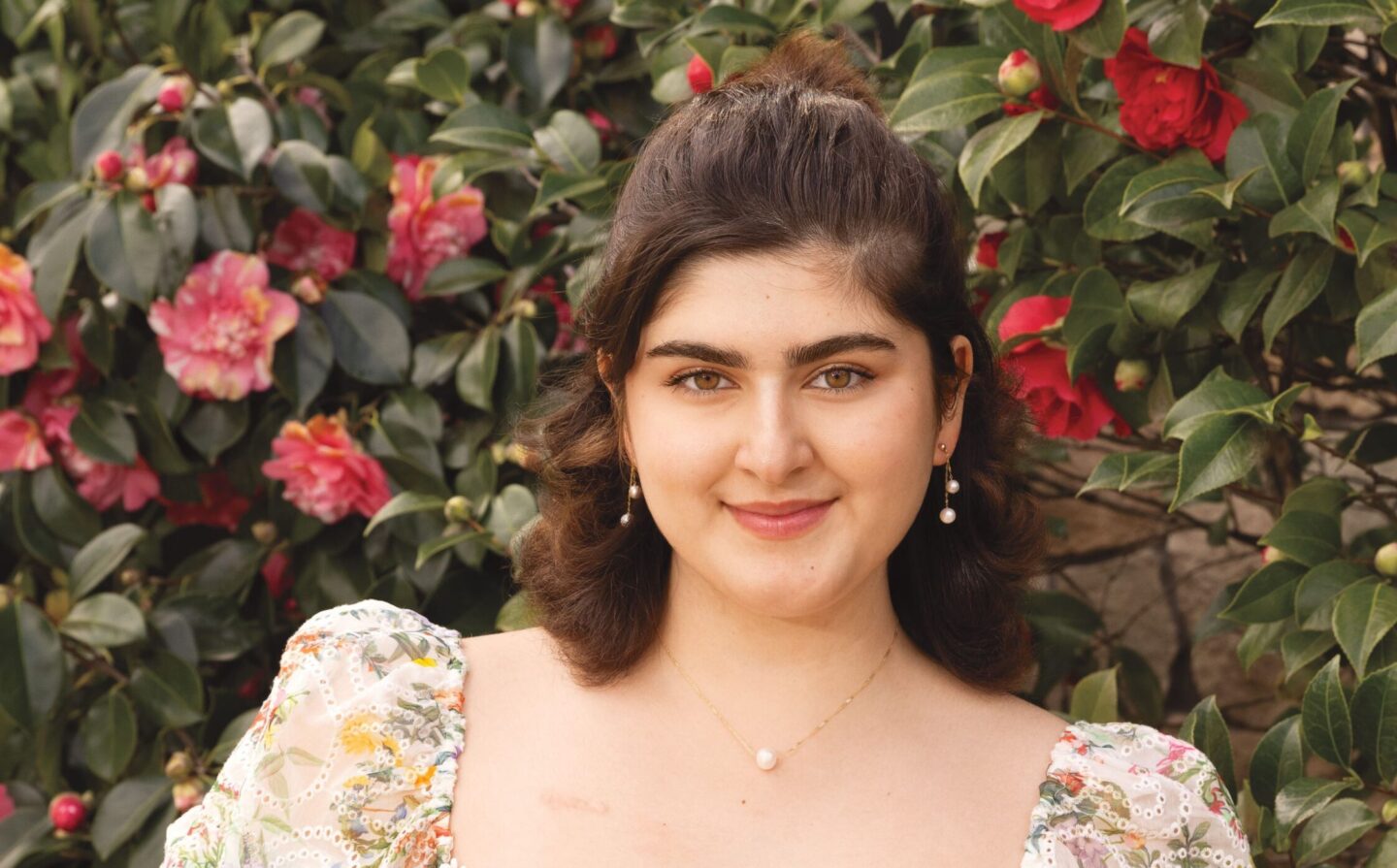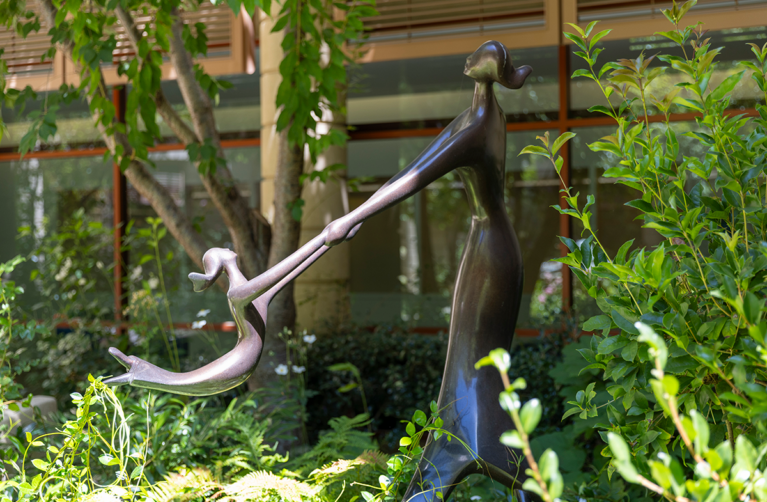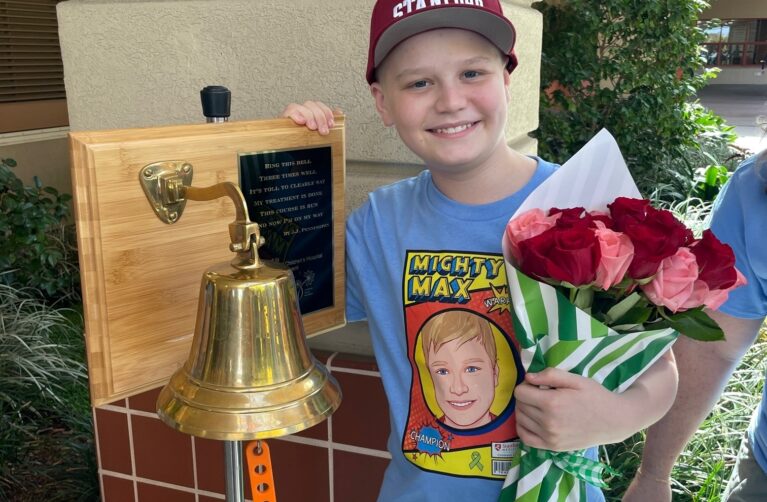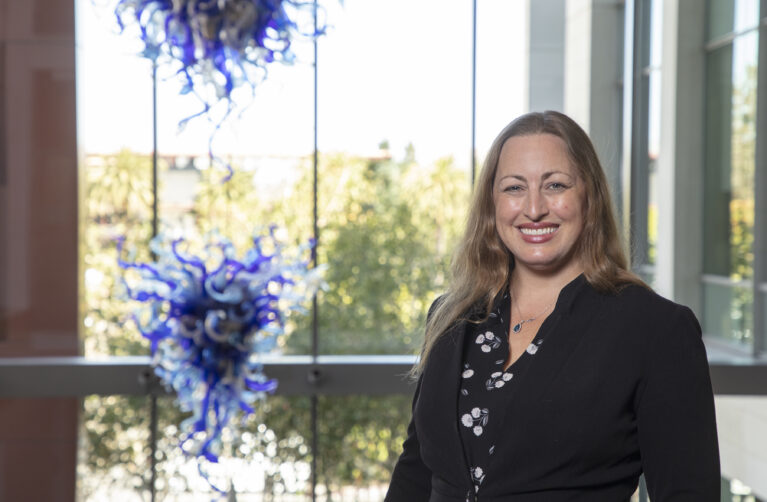Teens and Young Adults Turn to the Stanford Adolescent and Young Adult Cancer Program for Connection and Understanding
A cancer diagnosis is a universally devastating event, but for those on the brink of adulthood, the challenges can be especially profound. As Vivek Chotai, a former cancer patient at Lucile Packard Children’s Hospital, says, “Being in a hospital at 17 puts you in a weird position—you’re young enough to be on the pediatric floor, but old enough to realize no amount of cards or gifts will change your outcome.”
The Stanford Adolescent and Young Adult Cancer (SAYAC) Program was created nearly a decade ago to meet the unique needs of adolescents and young adults (AYAs) with cancer. Pam Simon, NP, the director of the SAYAC program, says, “It’s such a dynamic time in their lives for something like a cancer diagnosis to happen. And these AYA patients are caught in between children’s hospitals and adult hospitals.”
The SAYAC program offers a wide range of support to help meet the unique needs of AYAs. This support includes mental health resources, fertility counseling, and, of course, social connection and community building. Simon says, “I can’t tell you how many times I’ve heard, ‘I’ve never met another patient my age going through this.’ … It’s like ships passing in the night.” One of the SAYAC program’s priorities is helping AYAs with cancer connect and feel less alone.
Simply knowing that others are out there can be a balm. Ayana says Voices of Our AYA Community—a print magazine written by and for SAYAC community members—helped her when she was reeling from her lymphoma diagnosis two years ago. At the recent 16th annual Ambassadors Lunch and Learn event to raise funds for the SAYAC program, Ayana said, “Of course, I knew theoretically there must have been other cancer patients my age. But all the stories you hear are unfortunately about young children or the elderly.”
One story in particular gave her strength: A young lymphoma survivor had become a nurse in the Stanford oncology unit that had treated her. In a way, the story foreshadowed Ayana’s own journey: Ayana herself is now a survivor giving back to the community by volunteering through the SAYAC program at our Bass Center for Childhood Cancer and Blood Diseases. She hopes to be a source of support to patients taking their first steps into treatment.
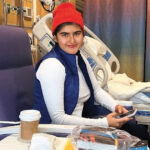
According to Simon, philanthropy plays an indispensable role. She says, “It enables our program not just to get started, but to keep going—and really flourish.” Philanthropy allows her to really listen to what AYAs in the program need and then shape the program’s initiatives to respond to those needs.
“Some [AYAs] don’t want to be noticed or cry out for help; they just want to get through this,” Simon says. “And the way to get through this is so different for everybody.” Philanthropy helps the program offer a wide array of support, such as bringing in authors to encourage self-expression with writing prompts; sending participants to Stupid Cancer’s national CancerCon; supporting education and career goals; and giving AYAs a safe, understanding, and informative space to ask questions about fertility.
Bridging Transitions in Health Care
As adolescents and young adults transition into survivorship care, the SAYAC program helps them build skills to manage posttreatment life, understand the ongoing effects of treatment, and advocate for themselves in the health care system—so that AYAs aren’t simply dropped back into a world that feels foreign to them. Recognizing the broader need to bridge the transition from pediatric to adult care, the Lucile Packard Foundation for Children’s Health provides grants to organizations such as the National Alliance to Advance Adolescent Health (NAAAH) to bolster research, policy, and advocacy efforts around youth with special health care needs as they age out of health care programs.
Our most recent grant supports a study of the specific challenges and experiences of Black youth with special health care needs. To date, the Foundation’s grantmaking program has provided more than $500,000 in grants to the NAAAH.
To support adolescents and young adults facing cancer, visit AmbassadorsLPCH.com/fundaneed.
This article originally appeared in the Spring 2024 issue of Packard Children’s News.
